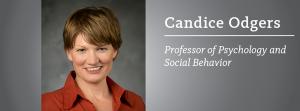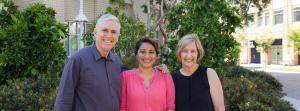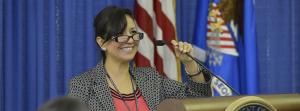July 2017
Earlier this year after 11 years behind bars, Raymond Lee Jennings, who was convicted of killing an 18-year-old woman in a Palmdale parking lot, was declared innocent.
It took three trials to get that guilty verdict -- the first two trials ended in deadlock -- and the case was based largely on circumstantial evidence. In particular, the prosecution relied on testimony of an FBI profiler. Profilers help detectives predict the likely characteristics of a criminal, but experts are split on how effective profiling actually is -- and whether it's anything more than glorified guesswork.
Profilers can help narrow the list of suspects in an investigation, said Simon Cole, professor of criminology, law and society and director of the National Registry of Exonerations. But there's risk if the profiler is wrong.









